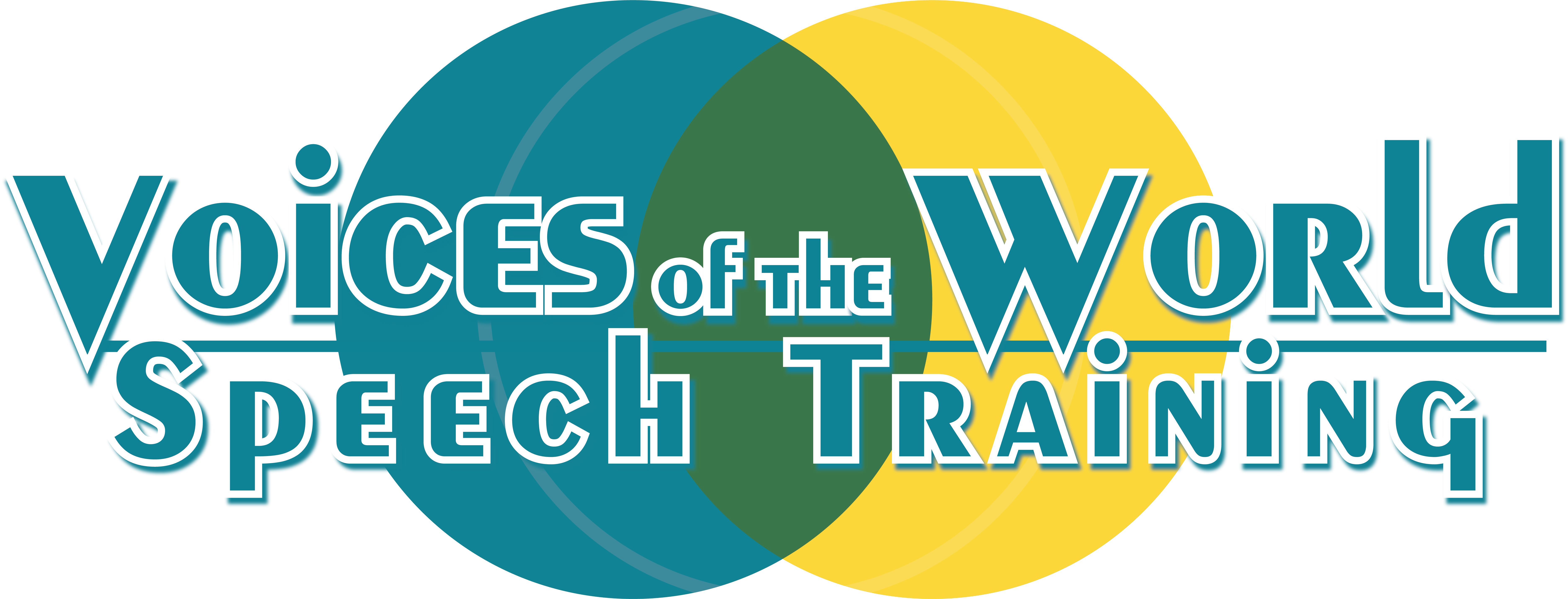
18 May Practice Makes Perfect
If you think getting kids to do their homework is challenging, try convincing a 40-year-old to do theirs! Some people mistakenly assume it is easier to get adults to practice because they are motivated. They signed up for the training course on their own, didn’t they? Stop and think about adult life and what that means… Work, family obligations, cooking, volunteer work, pets, cleaning, bills, and the list goes on and on. It is so easy for practice time to become a “want to” item rather than a “have to” item on the to-do list, and that happens even to the most dedicated of my students from time to time. Of course it is my job as an accent trainer to help my clients develop a productive practice regimen. Past, current, and future students, here is a quick guide to remind you of the basics and to help you ramp up your pronunciation practice.
What should I practice?
If you have been through my accent training program, go back to your old homework assignments. Go through a set of exercises as if you are preparing for your next session. Running through the basics again will help refresh your memory and solidify what you already know (but maybe don’t think about all the time).
Make lists of words to practice sounds you still struggle with. Have trouble with the “th” sound? Write down 10 words you use on a day-to-day basis and work on perfecting those first. Perfect the single words first, then move on to the next level of difficulty, which is using the words correctly in sentences.
Use all the tools you have available, including a voice recorder to analyze how you pronounced the target sounds, audio recordings from dictionaries (I recommend the Oxford Learner’s Dictionary) with which to compare your production, a mirror to check the position of your lips and tongue, and a native speaker to give you feedback if possible.
How much time do I need to invest?
Ideally you would do at least 3 hours of intensive, structured practice each week, though even more would be even better! Spread out your practice time into small chunks throughout the week. For example, it would be much better to practice four times a week for 30 minutes each time (for a total of two hours) than it would be to practice once a week for two hours.
But I don’t have time!
The best way to work around time shortage issues is to schedule your practice times. Don’t just tell yourself that you will practice, but block out that time on your schedule. Find a time that works for you. Could you get to work 15 minutes early to practice at your desk? Could you go to your car during your lunch break to practice? Prioritize the activity and I bet you will find a way to make it happen. If you are strapped for time, plan for 15 to 30 minutes of practice at a time, at least a few days each week. If you get more than that, wonderful! If you don’t quite meet your goal, cut yourself some slack—be happy about the time you did put in and make a plan for next week.
But I REALLY don’t have time!
Okay, okay… I get it, you’re busy! Here are some additional ways to get some quick practice in throughout your day.
Make a list of five to ten words you would like to improve (ideally all containing the same target sound to make your practice slightly more intensive), write them on a sticky note, and keep that sticky note in a visible location- car, fridge, computer monitor, etc. Run through the list a few times a day, focusing on pronouncing each word accurately. Switch out the post-it note every day or two.
Set alerts on your phone to go off three times a day. When your alarm goes off, take the next five minutes to focus on clear pronunciation. Trying to focus on your speech for hours at a time may not be realistic, especially if you have a fast-paced job. Start small and build up from there.
Throughout the day, pay attention not just to your own speech, but to other people’s pronunciation patterns. Are there any words that they pronounce differently than you do? How do they link words together while they speak? Where do they put stress in each phrase? How do they move their lips when pronouncing a word like “audio”? The more you think about these things, the more likely you will be to catch pronunciation errors and change them. Think critically and ask questions.
Final Conclusions
Language learning is an ongoing process that never ends (even for native speakers of American English). If you want to maintain and improve your skills, you need to invest time and energy. Think of your pronunciation skills as a muscle that needs to be worked out regularly. The more you work on your American English pronunciation, the easier it will become. Now get to work!
About the Author: Jane Rupp is the owner of Voices of the World Speech Therapy, a business in Austin, Texas that specializes in accent reduction training.
